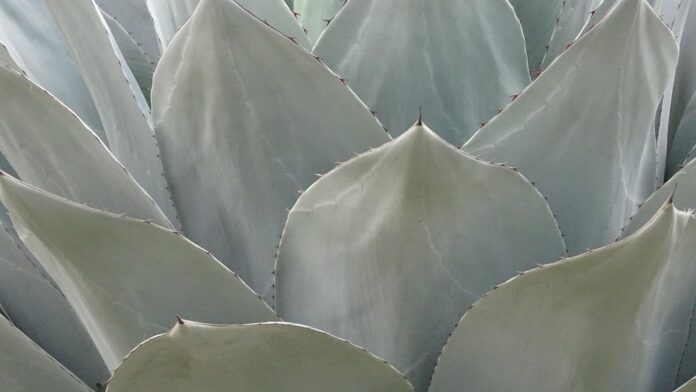Introduction
Mezcal, a traditional Mexican spirit made from the agave plant, has gained popularity in recent years as both a cultural artifact and a luxury spirit. This report will explore the reasons behind mezcal’s dual identity, examining its historical significance, cultural importance, and economic impact on the industry.
Cultural Artifact
Historical Significance
Mezcal has a long history in Mexico, dating back to pre-Columbian times when indigenous communities produced the spirit for ceremonial and medicinal purposes. The production of mezcal has been passed down through generations, with families and communities preserving traditional methods and techniques that have remained largely unchanged over the centuries.
Cultural Importance
Mezcal is deeply embedded in Mexican culture, playing a central role in celebrations, rituals, and social gatherings. It is often consumed during important events such as weddings, festivals, and religious ceremonies, symbolizing tradition, heritage, and community bonds. The spirit is also closely tied to the concept of terroir, with different regions in Mexico producing mezcal with distinct flavors and characteristics that reflect the local environment and traditions.
Luxury Spirit
Market Trends
In recent years, mezcal has experienced a surge in popularity both in Mexico and internationally, with consumers increasingly seeking out high-quality, artisanal spirits with unique flavors and stories. This trend has led to a growing demand for premium mezcal brands that emphasize craftsmanship, authenticity, and sustainability in their production processes.
Financial Data
The mezcal industry has seen significant growth in recent years, with global sales reaching an estimated $100 million in 2020. Major companies in the industry, such as Mezcal El Silencio and Del Maguey, have reported double-digit revenue growth year over year, driven by increasing consumer interest in artisanal spirits and craft cocktails.
Industry Insights
The mezcal industry is characterized by a diverse range of producers, from small family-owned distilleries to larger commercial brands. While the market for mezcal is still relatively niche compared to other spirits such as tequila or vodka, industry experts predict that demand for mezcal will continue to grow as consumers seek out authentic and unique drinking experiences.
Conclusion
In conclusion, mezcal’s status as both a cultural artifact and a luxury spirit is a testament to its rich history, cultural significance, and growing popularity in the global market. As consumers increasingly value authenticity, craftsmanship, and sustainability in their purchasing decisions, mezcal’s unique story and flavor profile position it as a premium spirit that embodies tradition, quality, and innovation. With continued investment in production techniques, marketing strategies, and sustainability initiatives, the mezcal industry is poised for continued growth and success in the years to come.




